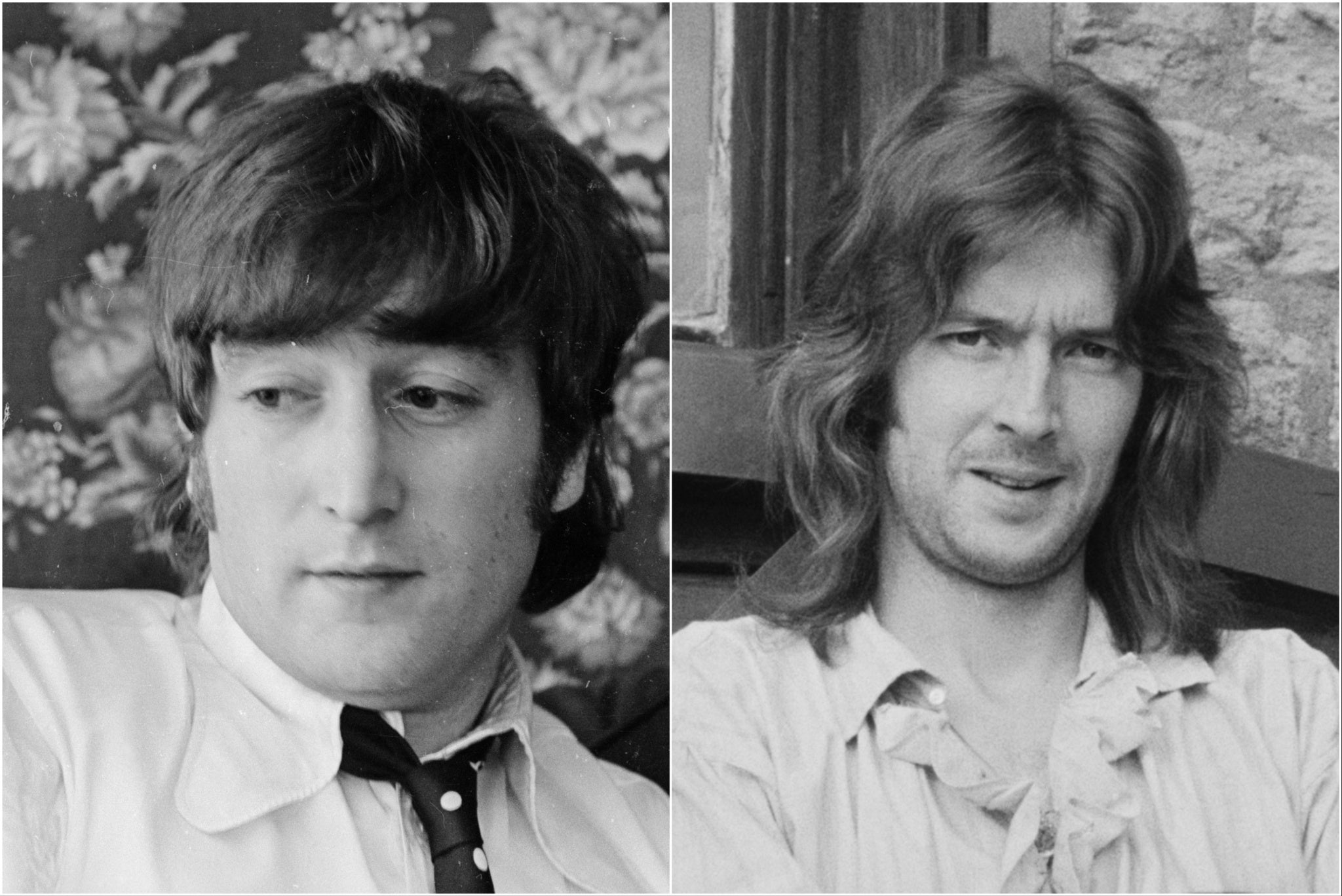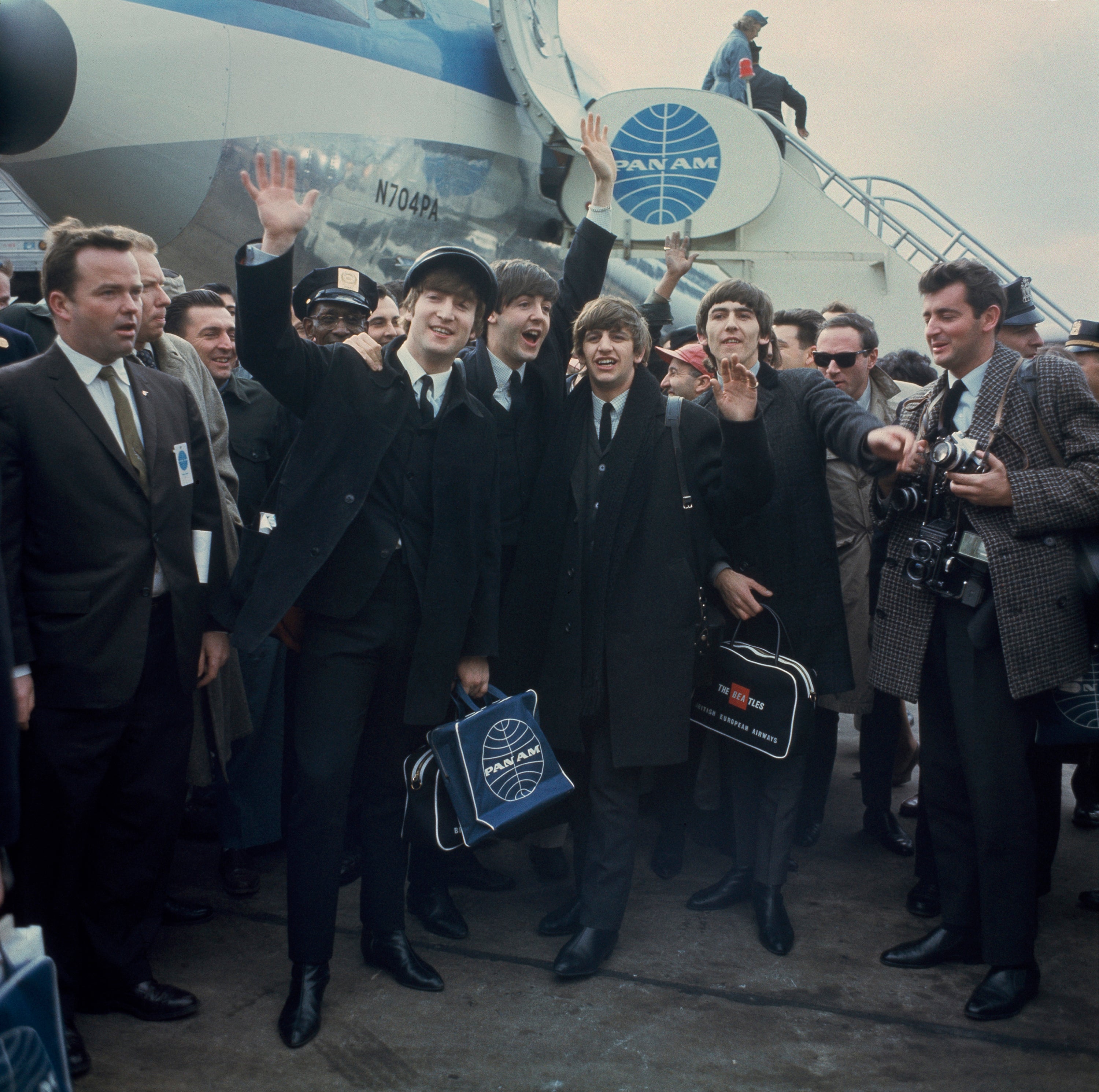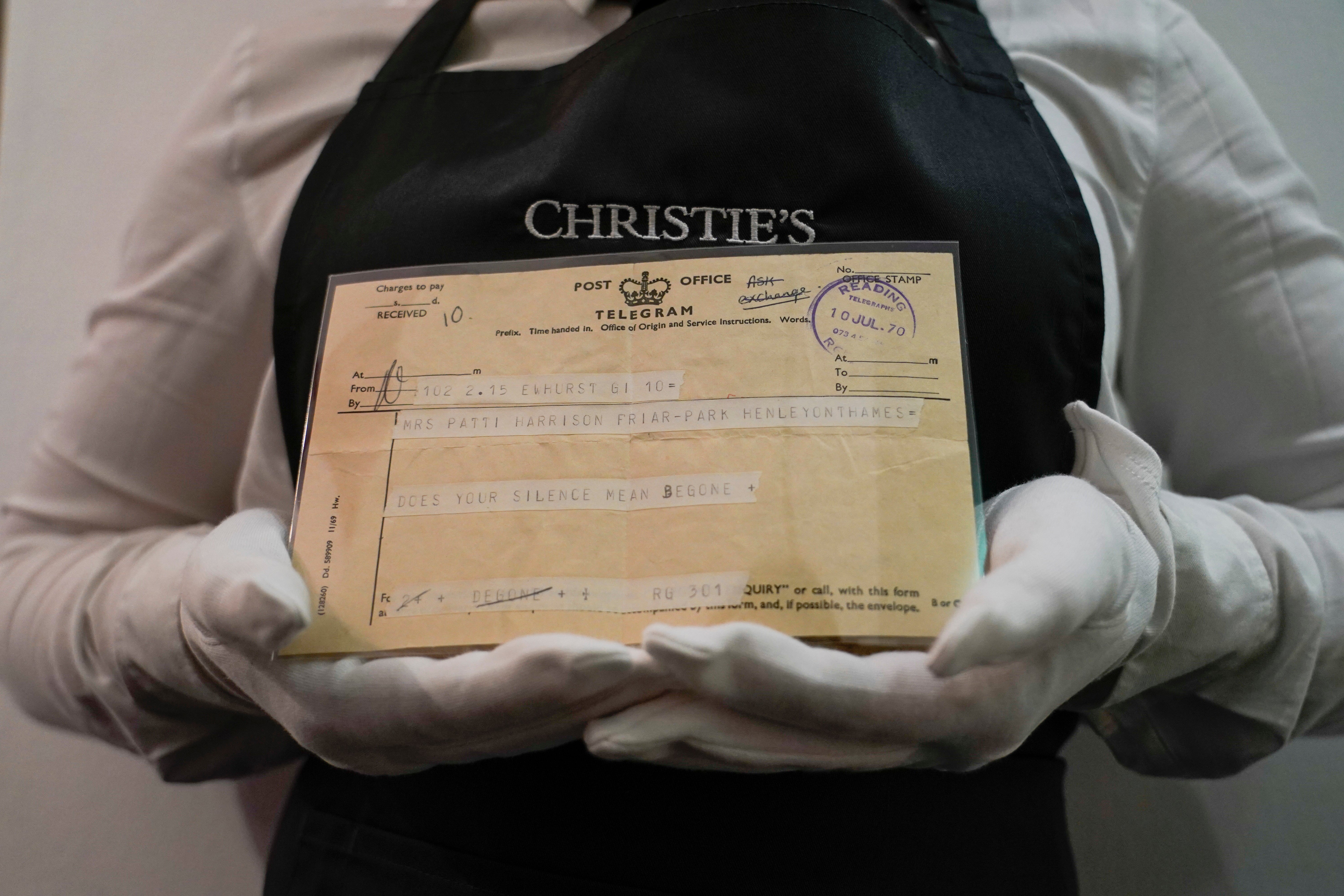John Lennon’s damning view on touring with The Beatles revealed in letter to Eric Clapton
Musician made no secret of how he felt as he wrote to Clapton with an idea for a ‘supergroup’
Your support helps us to tell the story
From reproductive rights to climate change to Big Tech, The Independent is on the ground when the story is developing. Whether it's investigating the financials of Elon Musk's pro-Trump PAC or producing our latest documentary, 'The A Word', which shines a light on the American women fighting for reproductive rights, we know how important it is to parse out the facts from the messaging.
At such a critical moment in US history, we need reporters on the ground. Your donation allows us to keep sending journalists to speak to both sides of the story.
The Independent is trusted by Americans across the entire political spectrum. And unlike many other quality news outlets, we choose not to lock Americans out of our reporting and analysis with paywalls. We believe quality journalism should be available to everyone, paid for by those who can afford it.
Your support makes all the difference.John Lennon complained of the “torture” of touring with The Beatles as he attempted to recruit Eric Clapton into a supergroup of musicians.
A heartfelt letter from the Beatles artist sent to Clapton in the Seventies outlined Lennon’s desire to collaborate with the fellow musician in the Seventies, as he wished to “bring back the balls in rock ‘n’ roll”.
The rare handwritten eight-page document, dated 29 September 1971, was written weeks after the release of “Imagine”, and reveals that Lennon was contemplating a drastic change in sound as his post-Beatles career was beginning to take off.
It outlines Lennon’s proposal of a “nucleus group” involving himself, Clapton, Klaus Voorman, Jim Keltner, Nicky Hopkins (who had played on albums by The Beatles and The Rolling Stones), and Phil Spector, the producer who created the “wall of sound” and who was convicted of murder in 2009.
“You must know by now that Yoko and I rate your music and yourself very highly,” Lennon told Clapton. “You also know the music we have been making and hope to make.
“Anyway… after missing the Bangla-desh concert we began to feel more and more like going on the road but not the way I used to with the Beatles, night after night of torture.”

By this point, Clapton had already joined the supergroup Cream with bassist Jack Bruce and drummer Ginger Baker; Lennon was suggesting Voorman on bass, Keltner on drums, Hopkins on keys and piano, Clapton on lead guitar, and himself on vocals.
“I know I can bring out something great in you… I hope to bring out the same kind of greatness in all of us” he wrote.
“No one will be asked to do anything they don’t want to... no contracts. We’re not asking for your name... it’s your mind we want.”
Enjoy unlimited access to 100 million ad-free songs and podcasts with Amazon Music
Sign up now for a 4 month free trial (3 months for non-Prime members)
Enjoy unlimited access to 100 million ad-free songs and podcasts with Amazon Music
Sign up now for a 4 month free trial (3 months for non-Prime members)
Lennon’s negative depiction of touring with The Beatles would later be elaborated on in a 1975 interview, in which the musician confirmed that shows with the Fab Four had put him off touring as a solo artist.

“My decision was already made on touring a long time ago,” he said. “I think it would be a drag… I am sure I enjoyed parts of it, but not much of it.”
He had previously been less-than complimentary about recording with the band, too, in a Village Voice interview recorded shortly after The Beatles’ final album, Let It Be, was finished.
“We were going through hell,” Lennon had said in the conversation, which wasn’t unearthed until 2013. “We often do. It’s torture every time we produce anything.”
His letter to Clapton was written during a particularly fraught time in Clapton’s life, when he was pursuing Patti Boyd, the first wife of Lennon’s ex-bandmate, George Harrison, to whom he was a friend and frequent collaborator.

Earlier this year, auction house Christie’s listed a number of letters from Clapton to Boyd while she was still married to Harrison, including one 1970 message that said: “What I wish to ask you is if you still love your husband, or if you have another lover? All these questions are very impertinent I know but if there is still a feeling in your heart for me... you must let me know!”
Speaking to Christie’s, Boyd said she had first assumed it was a “letter from a weird fan” and only realised it was Clapton when he followed up with a phone call.
Lennon’s letter to Clapton will be auctioned on 5 December, shortly after the release of Martin Scorsese’s new Beatles ‘64 documentary.

Join our commenting forum
Join thought-provoking conversations, follow other Independent readers and see their replies
Comments